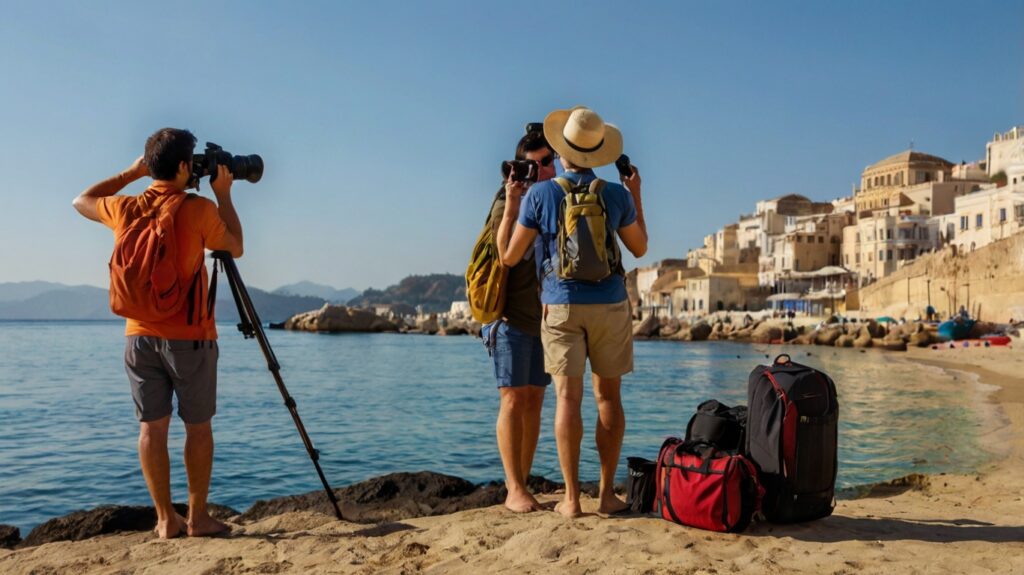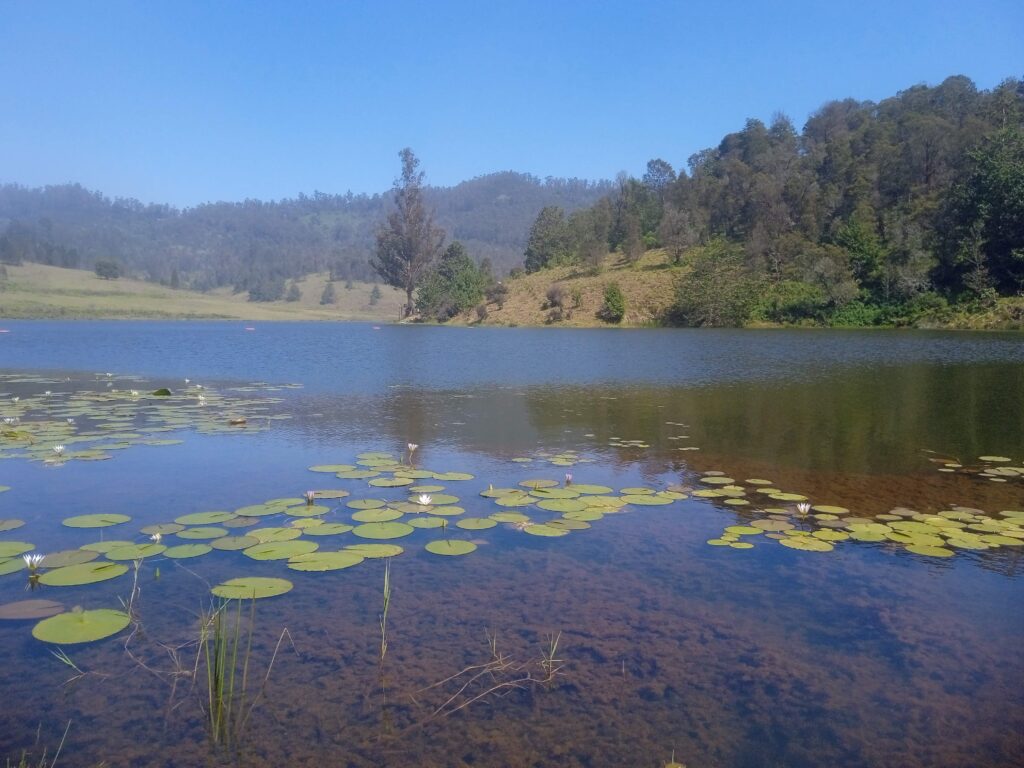Purpose of Tourism
Introduction
Have you ever wondered why people travel? Tourism is more than just a fun getaway—it serves a deeper purpose. Whether it’s exploring new cultures, boosting economies, or simply taking a break from daily life, tourism plays a vital role in our world. In this article, we’ll dive into the purpose of tourism and its significance for individuals, societies, and economies.

Understanding Tourism
Tourism refers to the movement of people for leisure, business, or cultural purposes. It can be domestic (within one’s country) or international (traveling abroad). People travel for various reasons, including relaxation, adventure, work, or even medical treatments.
The Personal Benefits of Tourism
1. Mental and Physical Well-being
Traveling allows individuals to break away from routine, reducing stress and improving mental health. A relaxing beach trip or an adventurous trek can rejuvenate both the mind and body.
2. Personal Growth and Development
Experiencing new environments fosters personal development. It challenges people to adapt, learn, and grow, enhancing their problem-solving and decision-making skills.
Cultural Exchange and Learning
Travel exposes people to different cultures, traditions, and histories. It fosters mutual respect and understanding among different communities. Experiencing local cuisines, festivals, and languages can broaden one’s perspective.
Economic Impact of Tourism
Tourism is a significant economic driver. Countries that attract tourists generate revenue through accommodations, transportation, and attractions, contributing to national GDP.
Tourism and Job Creation
From hotel staff to tour guides, tourism creates millions of jobs worldwide. It provides employment in both direct (hospitality, transport) and indirect (agriculture, retail) sectors.
Boosting Local Businesses
Tourists spend money on souvenirs, food, and local services, supporting small businesses and artisans. This economic boost helps communities thrive and sustain their heritage.
Environmental Impacts of Tourism
While tourism benefits economies, it can also harm the environment. Over-tourism leads to pollution, habitat destruction, and resource depletion. However, responsible tourism minimizes these effects.
Sustainable Tourism Practices
Eco-friendly travel practices, such as choosing sustainable accommodations and supporting local eco-tourism initiatives, help preserve natural and cultural resources.
Tourism’s Role in Global Connectivity
Tourism bridges gaps between countries, fostering international relations and promoting peace. It helps people understand different lifestyles and traditions, reducing cultural misunderstandings.
The Role of Technology in Tourism
With advancements in digital technology, tourism has transformed. Online bookings, virtual tours, and travel apps make planning easier and enhance the overall travel experience.

Challenges in the Tourism Industry
1. Economic and Political Instability
Countries facing economic downturns or political unrest often experience a decline in tourism.
2. Natural Disasters and Pandemics
Events like COVID-19 significantly impacted global travel, emphasizing the need for resilient tourism strategies.
Future of Tourism
The future of tourism leans towards digitalization and sustainability. Innovations like AI-driven travel planning and eco-conscious tourism initiatives are shaping how people travel.
Socio-Economic Importance of Tourism
Tourism is important for countries, economies, societies, and cultural heritage. It contributes to many industries, creating employment and supporting local communities. Tourists not only visit landmarks but also engage in local shopping, dining, and entertainment, benefiting multiple industries indirectly.
Tourism Can Help in Creating Better and Safer Societies
Tourism brings new earning and employment opportunities to rural communities, making them more visible on the global map.
1. Promote and Preserve Culture
Tourism promotes local traditions, ensuring cultural heritage is recognized and preserved globally.
2. Bring Employment and Earning Opportunities
When tourists visit a place, they stay, eat, and shop, creating self-employment and boosting local economies.
3. Drive Development and Infrastructure Improvements
Tourism can drive infrastructure development, providing better roads, facilities, and services for both locals and visitors.
Checkout Kodaikanal Tour Packages
FAQs
Tourism generates revenue, creates jobs, and supports local businesses, contributing significantly to a country’s economic growth.
Tourism allows people to experience different traditions, cuisines, and languages, fostering mutual understanding and respect among cultures.
Over-tourism can lead to environmental degradation, pollution, and the loss of cultural heritage if not managed properly.
Supporting local businesses, reducing waste, and choosing eco-friendly accommodations are effective ways to promote sustainable tourism.
Technology simplifies travel planning, enhances experiences through virtual tours, and offers convenience through digital payments and mobile apps.
Conclusion
Tourism is more than just an escape—it’s an essential part of personal growth, economic stability, and cultural exchange. By adopting responsible travel habits, we can ensure tourism continues to benefit both travelers and host communities. Whether for leisure, education, or business, travel remains a powerful tool for connection and progress.
Tourism, when done responsibly, is a force for good. Whether you’re traveling for leisure, learning, or business, every journey contributes to a more connected world. Happy travels!
Share this post on social media:




